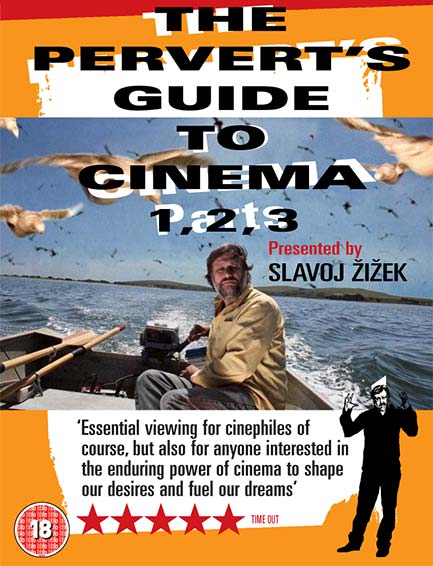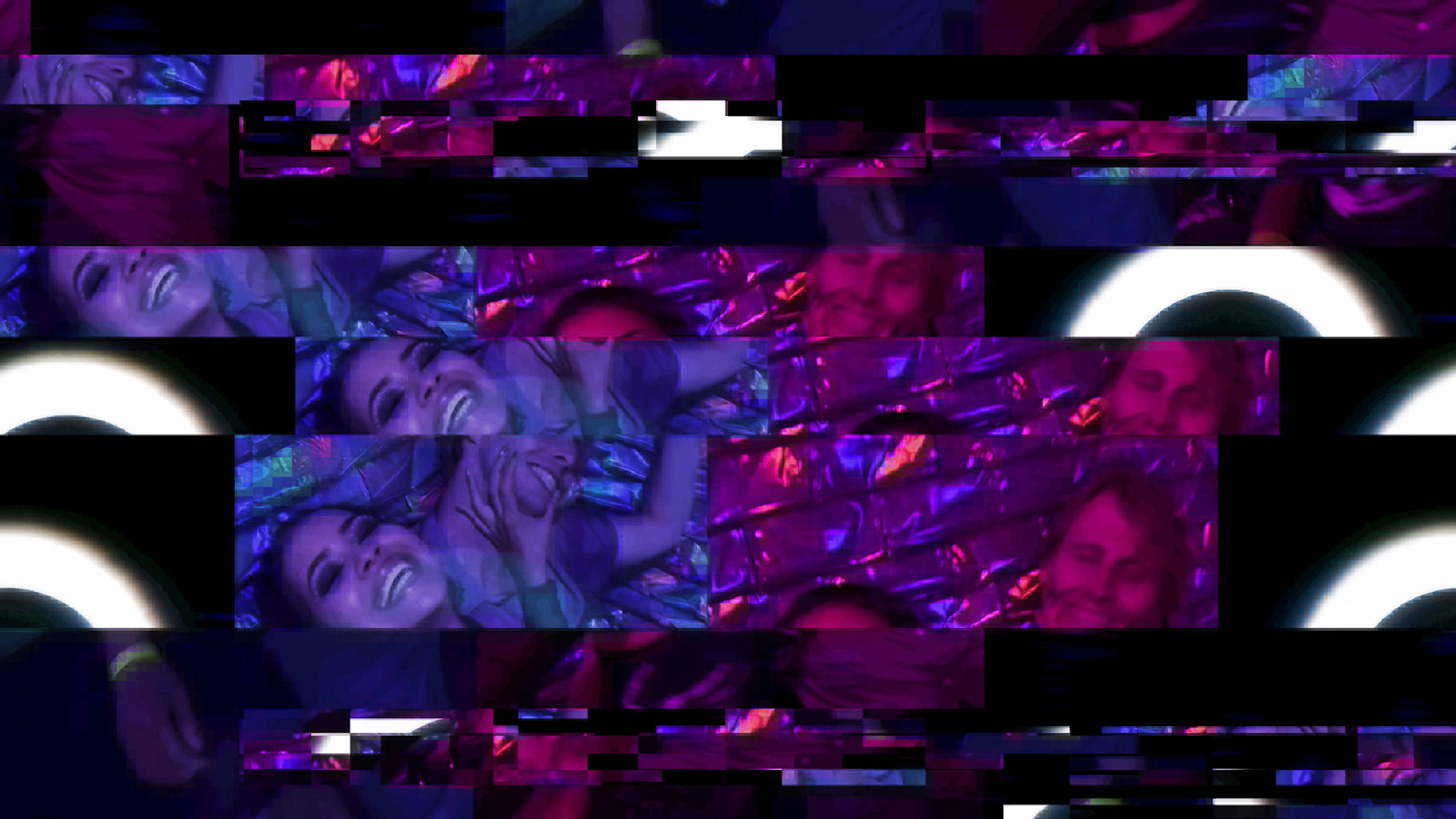
United Kingdom/Austria/Netherlands, 2006, 150 minutes, HDcam
English
Slavoj Zizek is one of the few philosophers I can think of who can so easily slide between schizophrenia and didacticism, two characteristic which basically sum up his new film, The Pervert’s Guide to Cinema. Unlike his last documentary, simply entitled ‘Zizek!,’ it becomes painfully obvious that he had full editorial control over this one. It skips around so furiously and incoherently that the viewer is left completely baffled. Surely incoherence can be a refreshing quality in the often sterile world of academia, but in this case, Zizek’s indulgence in complete freedom of thought works against the viewer’s reception of the film not to mention any overall point whatsoever. Though I don’t think it’s for lack of trying. Clearly, Zizek has attempted to make the film as a sort of pedagogical tool, kind of like Psychoanalysis 101.
Essentially, the main idea of the film is Zizek jumps around from scene to scene of various movies mixed with some clever editing wherein Zizek is inserted into the scene itself whilst discussing its significance. He goes from Blue Velvet to Psycho to Dogville and back again, offering us his psychoanalytic insights. Aside from its laboriousness, the didacticism in the end achieves next to nothing since it is so poorly planned. There is very little prompt or rationale for why Zizek transitions from one movie to the next, frustrating the viewer’s attempt to follow his train of thought. It’s as if he wants to have it both ways, full freedom of thought and accessibility. Unfortunately for him the two clash more often than not. If you want a wide audience to understand Freud, you’re going to have to create actual continuity and coherence throughout the course of the film. Moreover, this fast and loose commentary employed by Zizek does more to hamstring his theoretical insights than anything else. Sure, there are flashes of brilliance in the film, points where I shifted in my seat in excitement over what he was saying. But overall, the film was bogged down in such confusion that the overall impact of these moments was largely muted.
Another frustrating aspect of the film was how closely Zizek stuck to Freud as his main theoretical resource. I found it especially bizarre being that Zizek is a self-proclaimed ‘card-carrying Lacanian’ (that would be Jaques Lacan, a crazy French psychoanalytic dude from the early 20th century). Again, it seems as though he was attempting to focus on the most well-known theorist to service the widest audience at the expense of any deeper theoretical inquiry. When he compares the three levels of the Bates’ motel to the superego, ego, and id, his pedagogy has gone too far, reverting into lame and overly obvious diagrammatic theoretical models.
In addition, I found myself constantly frustrated by the film’s utter redundancy. Zizek is the only philosopher I know who can repeat himself over and over again and still not make any sense. He constantly touched on the same themes; film’s projection of the psychological relationship between fantasy and reality, how film conditions us to desire, and so forth. While these are all salient points, the reason his redundancy lacks consistency is its inability to unearth any broader context. For me, this broader context is certainly a political one. What surprised me about the film was how apolitical it was. Anyone familiar with Zizek knows he is not one to shy away from politicization, which made its silence throughout the film deafening and moreover, hindering of any coherence to what he was trying to convey in the first place.
Overall, I think the lesson of the film is this: Zizek is often credited with being this kind of pop star theorist. Supposedly, his off the cuff humor and willingness to take on popular culture makes him a more accessible philosopher for the public at large. I hope the Pervert’s Guide to Cinema will finally lay that idea to rest. While Zizek can certainly be entertaining, his philosophy is by no means accessible and even worse, his attempts at accessibility make his ideas that much more illegible. This I found to be the greatest irony and obstacle of the film.
Director:
Sophie Fiennes
Producers:
Martin Rosenbaum
Georg Misch
Ralph Ralph Wieser
Sophie Fiennes
Music:
Brian Eno
Film Website:
thepervertsguide.com






